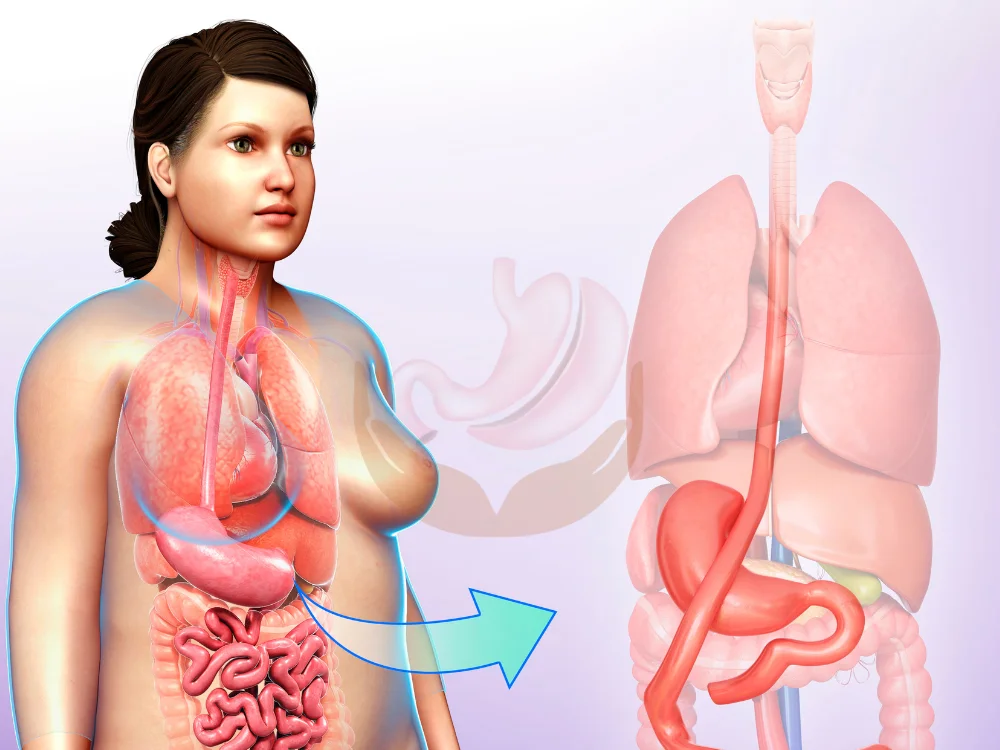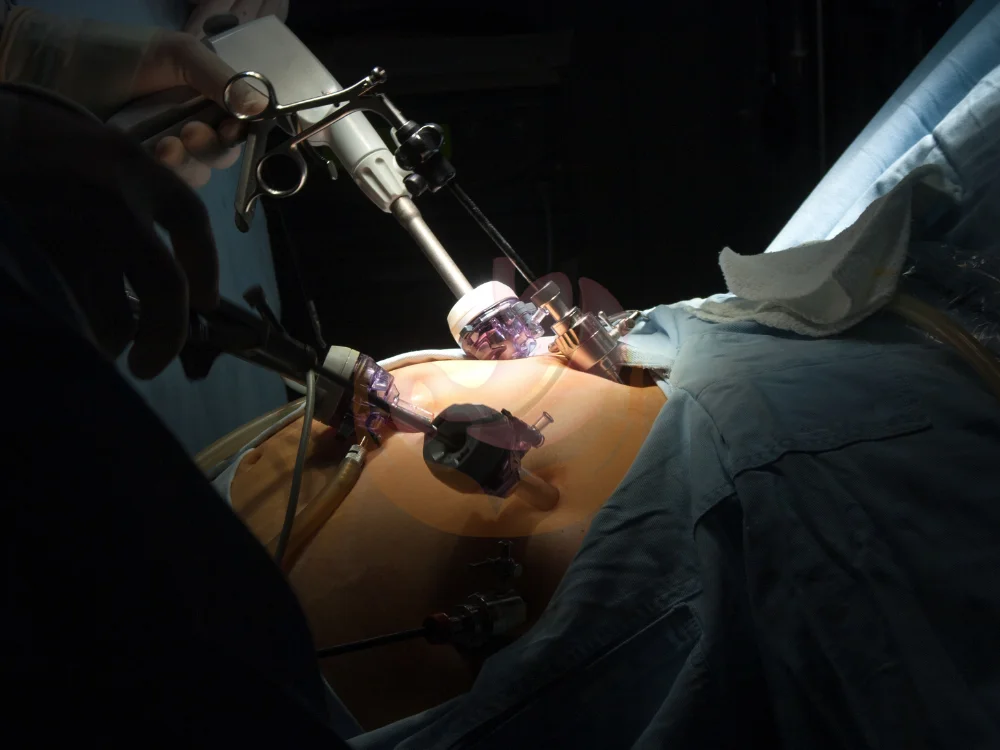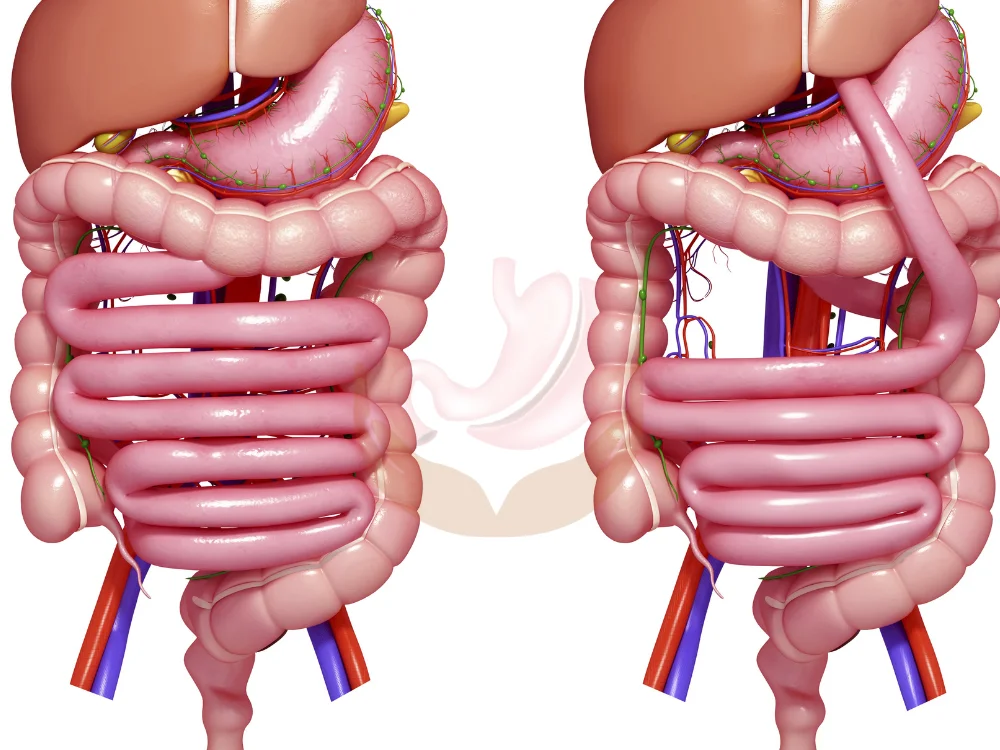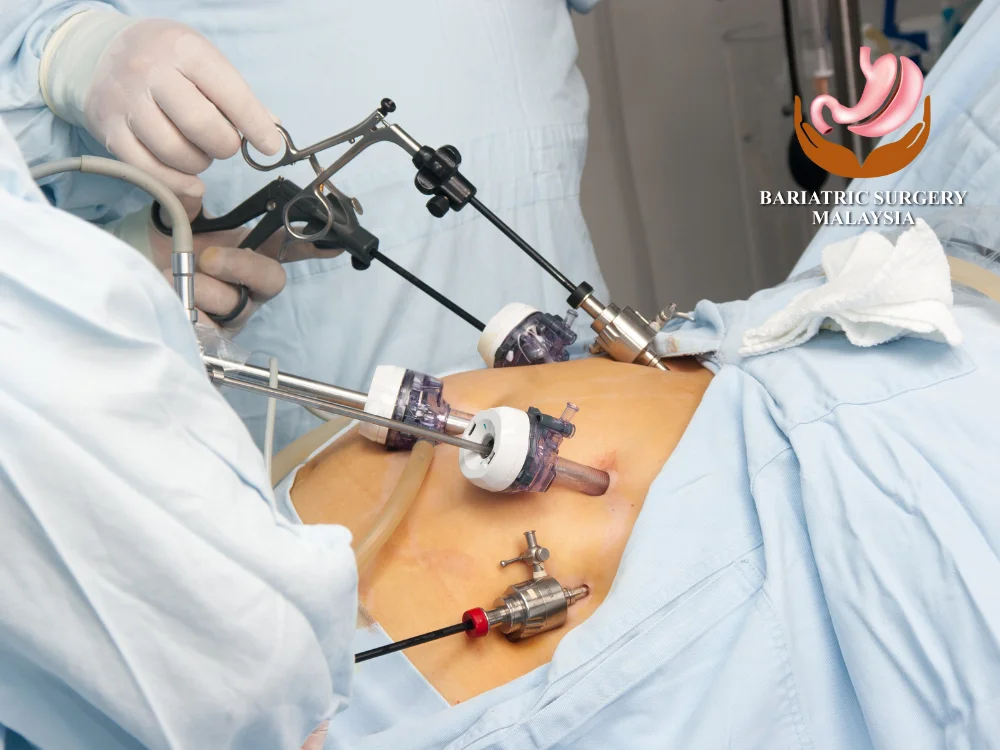Gastric bypass surgery has become a transformative solution for those struggling with severe obesity, offering not only significant weight loss but also the potential for improved quality of life. This surgical procedure is particularly beneficial for individuals who have found it difficult to lose weight through traditional methods like diet and exercise. In this article, we will explore what gastric bypass entails, its benefits, risks, recovery process, and frequently asked questions about this life-changing surgery.
What is Gastric Bypass?
Gastric bypass, also known as Roux-en-Y gastric bypass, is a type of bariatric surgery designed to help patients lose weight by altering the digestive system. The procedure involves creating a small pouch at the top of the stomach, which is then connected directly to the small intestine, bypassing a large portion of the stomach and the first part of the small intestine. This reduces the amount of food the stomach can hold, limiting calorie intake and, in turn, promoting weight loss.
How Gastric Bypass Works
The goal of gastric bypass is twofold: restriction and malabsorption. By reducing the stomach’s size, it restricts how much food you can eat in one sitting. The bypass of the small intestine reduces the number of calories and nutrients your body absorbs, promoting further weight loss. Additionally, gastric bypass surgery impacts hunger hormones like ghrelin, which may help patients feel less hungry after surgery.

Who is a Candidate for Gastric Bypass?
Gastric bypass surgery is typically recommended for individuals with a body mass index (BMI) of 40 or higher, or for those with a BMI of 35 or higher who suffer from serious weight-related health issues like type 2 diabetes, sleep apnea, or hypertension. Before undergoing surgery, candidates usually must have tried non-surgical weight loss methods without success.
Pre-Surgical Assessment
A comprehensive evaluation is required before gastric bypass surgery to ensure the patient is a good candidate. This includes consultations with a surgeon, dietitian, and psychologist, along with several tests to assess overall health. Candidates must demonstrate a commitment to making permanent lifestyle changes, including dietary modifications and regular exercise.
The Benefits of Gastric Bypass
Gastric bypass surgery offers a range of benefits beyond just weight loss. Many patients experience a significant reduction in obesity-related health conditions, an improvement in quality of life, and greater mobility.
Long-Term Weight Loss
One of the most compelling reasons for undergoing gastric bypass is the potential for long-term weight loss. Studies show that most patients lose around 60-80% of their excess body weight within two years of the procedure. Maintaining this weight loss requires lifelong commitment to diet and lifestyle changes.
Improvement in Obesity-Related Conditions
Gastric bypass can lead to the remission or improvement of several obesity-related health issues, including:
- Type 2 diabetes: Many patients experience reduced blood sugar levels, with some achieving complete remission.
- Hypertension: Lowering weight often results in better blood pressure control.
- Sleep apnea: Losing weight can improve or even eliminate sleep apnea symptoms.
- Joint pain: As patients lose weight, the strain on joints decreases, leading to less pain and improved mobility.
Enhanced Quality of Life
Patients often report an enhanced quality of life post-surgery. Beyond the physical benefits, losing weight can boost self-esteem, increase energy levels, and improve mental health. The social and psychological benefits can be just as profound as the physical improvements.

Risks and Complications of Gastric Bypass
Like any major surgery, gastric bypass carries some risks. Although the procedure has a high success rate, potential complications should be considered.
Surgical Risks
Common risks associated with gastric bypass include:
- Infection: As with any surgery, there’s a risk of infection at the incision site.
- Blood clots: These can form in the legs and move to the lungs, which is a serious complication.
- Leakage: There’s a small risk that the new stomach pouch or intestines may leak, leading to infection.
Long-Term Complications
- Nutritional deficiencies: Since gastric bypass reduces nutrient absorption, patients may develop deficiencies in vitamins like B12, calcium, and iron. Lifelong supplementation and regular monitoring are often required.
- Dumping syndrome: This occurs when food moves too quickly from the stomach to the small intestine, leading to nausea, vomiting, and diarrhea, particularly after consuming high-sugar or high-fat foods.
- Stomach ulcers: Some patients may develop ulcers in the small intestine post-surgery.
The Recovery Process After Gastric Bypass
Recovery from gastric bypass surgery requires a commitment to following strict medical guidelines. While the surgery itself is completed within a few hours, full recovery can take several months.
Hospital Stay and Immediate Recovery
Most patients stay in the hospital for 2-3 days following surgery. During this time, they will begin consuming a liquid diet and transition to pureed foods over the next few weeks. Walking is encouraged as soon as possible to reduce the risk of blood clots and promote healing.
Gradual Dietary Progression
Patients will follow a carefully structured dietary plan that progresses in stages:
- Liquids: During the first week post-surgery, patients consume only clear liquids.
- Pureed foods: Over the next few weeks, they transition to pureed foods, which are easy to digest.
- Soft foods: At around one month, patients begin eating soft foods.
- Regular foods: After approximately two months, most patients can start reintroducing regular foods in small portions.
Long-Term Lifestyle Changes
Lifelong commitment to a healthy lifestyle is crucial for maintaining weight loss after gastric bypass. This includes regular exercise, avoiding sugary and high-fat foods, and taking prescribed vitamin supplements to prevent nutrient deficiencies.

Frequently Asked Questions About Gastric Bypass
1. How much weight will I lose after gastric bypass?
Most patients can expect to lose 60-80% of their excess body weight within two years of surgery. However, results vary depending on individual factors and adherence to lifestyle changes.
2. Is gastric bypass reversible?
No, gastric bypass is not typically reversible. It is considered a permanent alteration of the digestive system.
3. How long will I be in the hospital?
Patients usually stay in the hospital for 2-3 days after surgery, depending on how well they recover during the initial postoperative period.
4. Will I need to take vitamins after surgery?
Yes, since gastric bypass reduces nutrient absorption, lifelong vitamin and mineral supplementation is necessary to avoid deficiencies.
5. Can gastric bypass help with diabetes?
Yes, many patients with type 2 diabetes experience significant improvement, and some achieve remission after gastric bypass surgery.
6. Are there dietary restrictions after surgery?
Yes, patients must follow a structured diet that begins with liquids and progresses to pureed, soft, and eventually regular foods. Long-term restrictions include avoiding sugary, high-fat, and processed foods.


